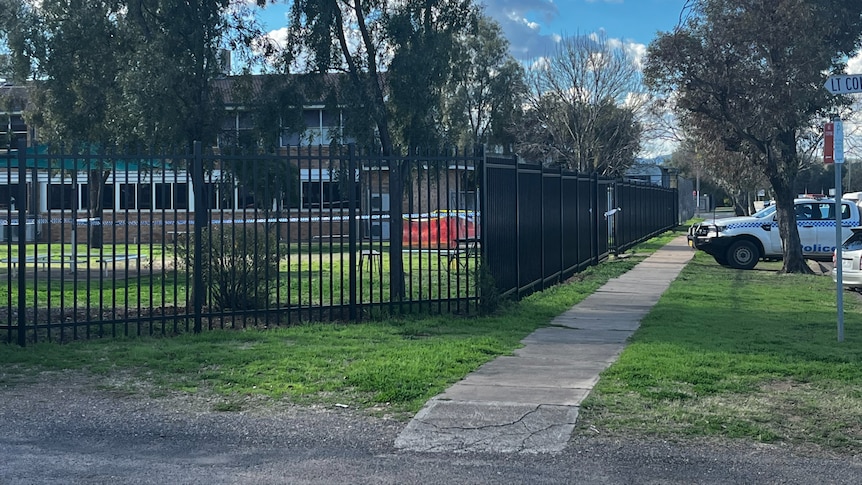Steel
Member
- Location
- Finley, Riverina, Australia
If it is a single large bone it was probably buried by a dog and its not even human.apparently a “large bone” was found while doing some excavation work at the local Catholic high school, declared a crime scene while forensic stuff is done. That’s all I know.

Police set up crime scene as 'large bone' found at NSW high school
Students and staff at a Gunnedah high school have been offered counselling after the find during "routine maintenance".www.abc.net.au
Last edited:








![IMG_0776[2].JPG IMG_0776[2].JPG](https://d1hu4133i4rt3z.cloudfront.net/attachments/1057/1057449-3952486bc1ecf2465a21647076e83536.jpg)
![IMG_0777[1].JPG IMG_0777[1].JPG](https://d1hu4133i4rt3z.cloudfront.net/attachments/1057/1057450-5323430935babd0105c3c220ee4fa31e.jpg)
![IMG_0778[1].JPG IMG_0778[1].JPG](https://d1hu4133i4rt3z.cloudfront.net/attachments/1057/1057451-c10e7e4bbc4054a4de1a53eaf2889f00.jpg)











